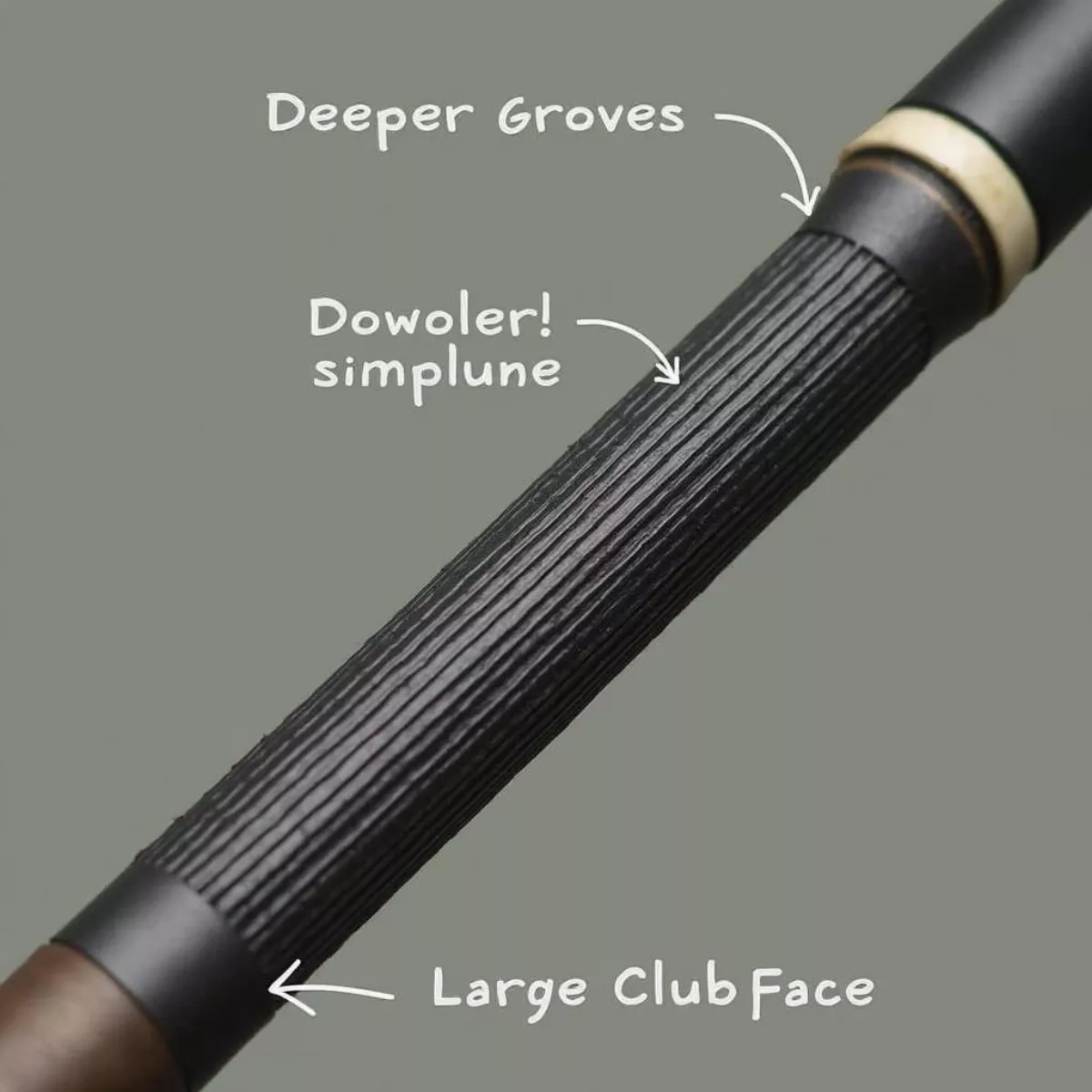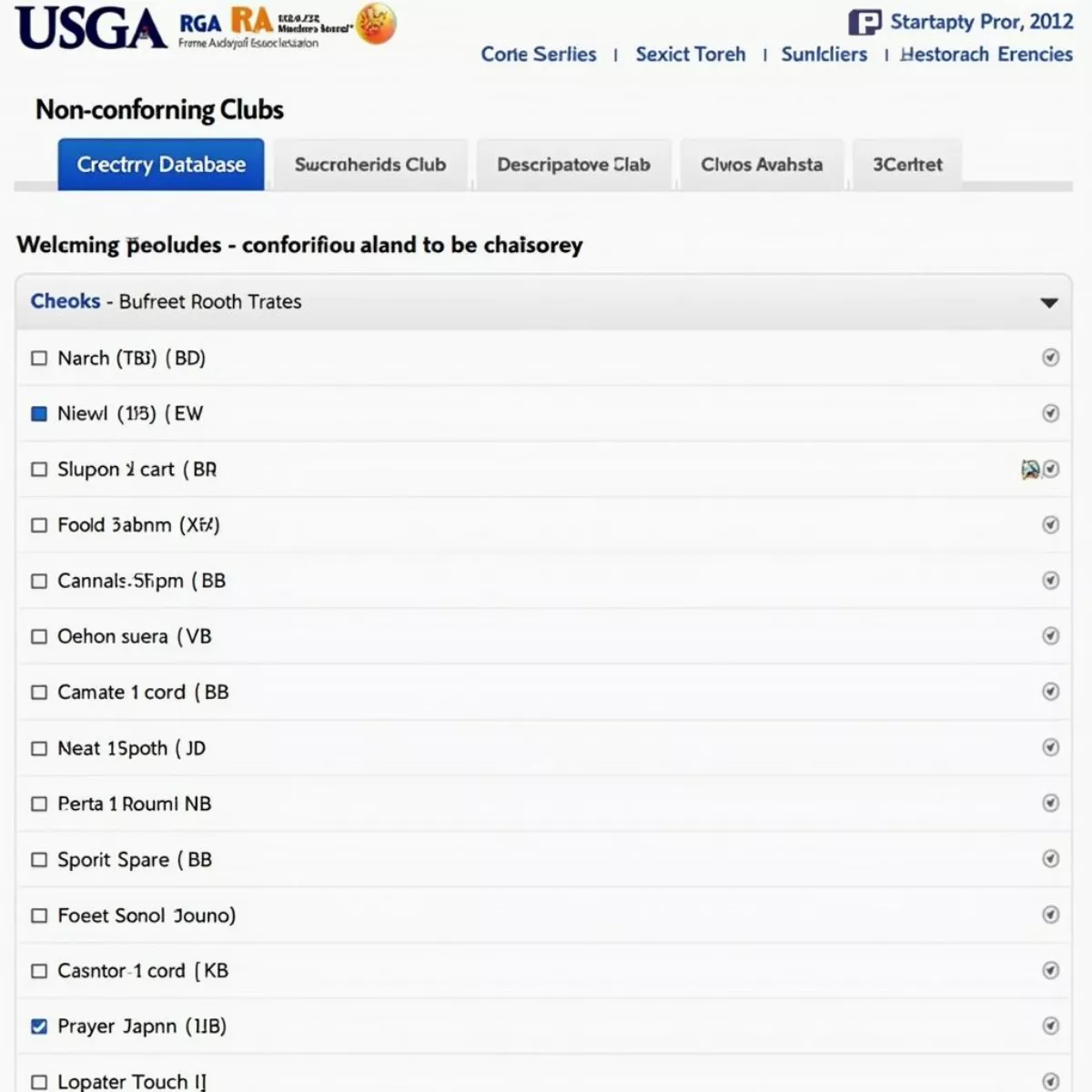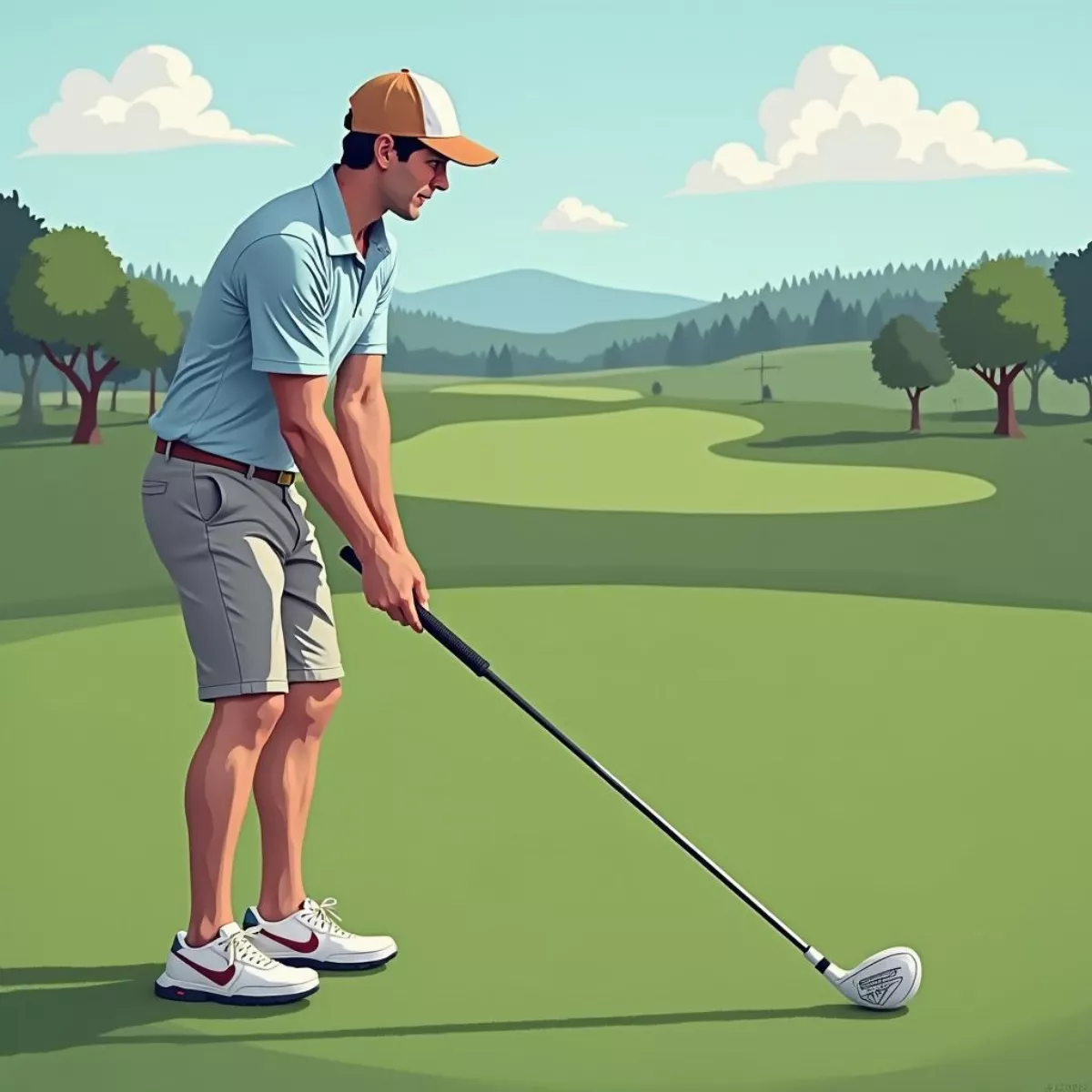Golf is a game where precision, skill, and conformity matter. But what happens when your favorite club doesn’t conform to the rules? Let’s dive deep into the world of non-conforming golf clubs. This guide is designed to educate and inform you — in a conversational, friendly tone — about what non-conforming clubs are, why they matter, and what options are available.
What Are Non-Conforming Golf Clubs?
Non-conforming golf clubs are clubs that do not meet the standards set by golf’s governing bodies, mainly the United States Golf Association (USGA) and The R&A. These organizations set the criteria for equipment to ensure fairness and integrity in the game. When a club doesn’t meet these criteria, it’s considered non-conforming.
Common Reasons for Non-Conformance
- Groove Design: The spacing, width, and depth of grooves can make clubs non-conforming.
- Club Length: Clubs longer than the standard maximum length of 48 inches.
- Coefficient of Restitution (CoR): A measure of the clubface’s efficiency in transferring energy to the ball exceeding permissible limits.
Why Should You Care About Non-Conforming Golf Clubs?
Using non-conforming clubs can lead to unfair advantages and may result in disqualification from tournaments. It’s essential to ensure that your equipment meets the regulatory standards if you play competitively.
However, casual golfers often use non-conforming clubs to improve their game and gain extra yardage, forgiveness, or control.
Potential Benefits
- Increased Distance: Clubs with higher CoR can add significant distance to your shots.
- Improved Accuracy: Enhanced groove design may help in achieving better spin and control.
- Greater Forgiveness: Some non-conforming clubs are designed to be more forgiving on off-center hits.
 Non-Conforming Golf Club Features
Non-Conforming Golf Club Features
Popular Non-Conforming Golf Clubs
The USGA and The R&A maintain a list of non-conforming clubs. Here are a few notable examples:
Drivers
- Callaway ERC II: Known for its high coefficient of restitution (CoR).
- TaylorMade R580XD: Exceeds the maximum allowable head size.
Wedges
- Cleveland VAS+: Notorious for its aggressive groove design.
Irons
- King Cobra SS-i: Exceeds the set groove limitations.
How to Check If Your Club is Non-Conforming
It’s crucial to know whether your club conforms to the rules. Here are steps to take:
- Visit the USGA or R&A Website: Both organizations have online databases where you can search for non-conforming clubs.
- Consult Manufacturer’s Details: Most reputable manufacturers will indicate if a club conforms to USGA and R&A rules.
- Ask a Professional: Golf pros or club fitters can help you determine if your equipment is conforming.
 Checking Golf Club Conformance Online
Checking Golf Club Conformance Online
Key Takeaways
- Non-conforming golf clubs can enhance performance but come with regulatory risks.
- Check the USGA and R&A databases to verify the status of your clubs.
- Non-conforming clubs are often used by casual golfers for better distance, accuracy, and forgiveness.
FAQ Section
1. What is a non-conforming golf club?
A non-conforming golf club is one that fails to meet the standards set by the USGA and R&A.
2. Can I use non-conforming clubs in tournaments?
No, using non-conforming clubs in tournaments can result in disqualification.
3. How can I check if my golf club is non-conforming?
You can check the USGA or R&A websites, consult the manufacturer, or ask a golf professional.
4. Why do people use non-conforming golf clubs?
Many casual golfers use them to gain extra distance, accuracy, and forgiveness in their game.
 Golfer Using Non-Conforming Driver
Golfer Using Non-Conforming Driver
5. Are non-conforming clubs expensive?
Prices vary, but some non-conforming clubs can be more expensive due to additional features.
6. Can non-conforming clubs damage my game in the long run?
Relying too much on non-conforming clubs may hinder the development of your skills.
7. Are there any rules relaxed for beginners?
In casual play, beginners may use non-conforming clubs to enjoy the game more, but this is not allowed in competitive settings.
8. Do pros ever use non-conforming clubs?
Professional golfers adhere to the rules and only use conforming clubs in competitions.
9. What happens if I accidentally use a non-conforming club in a tournament?
You may face disqualification or penalties based on the tournament’s rules.
10. Are there specific brands known for non-conforming clubs?
Brands like Callaway, TaylorMade, and Cleveland have produced non-conforming clubs in the past.
Conclusion
Navigating the world of non-conforming golf clubs can be complex, but it’s essential for any golfer who wants to play by the rules or gain a bit of an edge in casual play. Always check the latest lists from reputable sources to ensure your clubs conform to the rules and, when in doubt, consult with a professional.
Using this guide, you can make informed decisions about your golf equipment, whether you’re competing or enjoying a leisurely round with friends.
For more information on golf equipment and how it affects your game, consider reading our other related articles [here] and [here].
The tables, bulleted lists, and emphasis on bold keywords have been incorporated to enhance readability and SEO. If you have specific questions or need more information, the FAQs should provide quick answers. Remember, staying informed is key to enjoying the game of golf!
